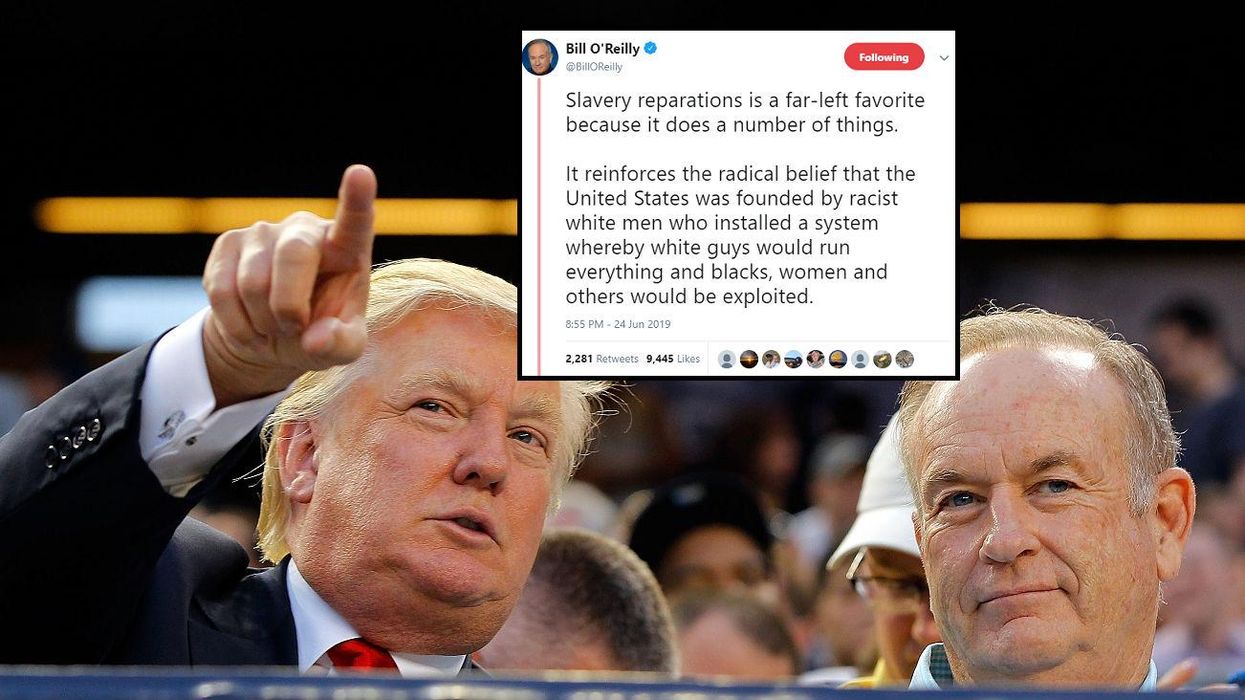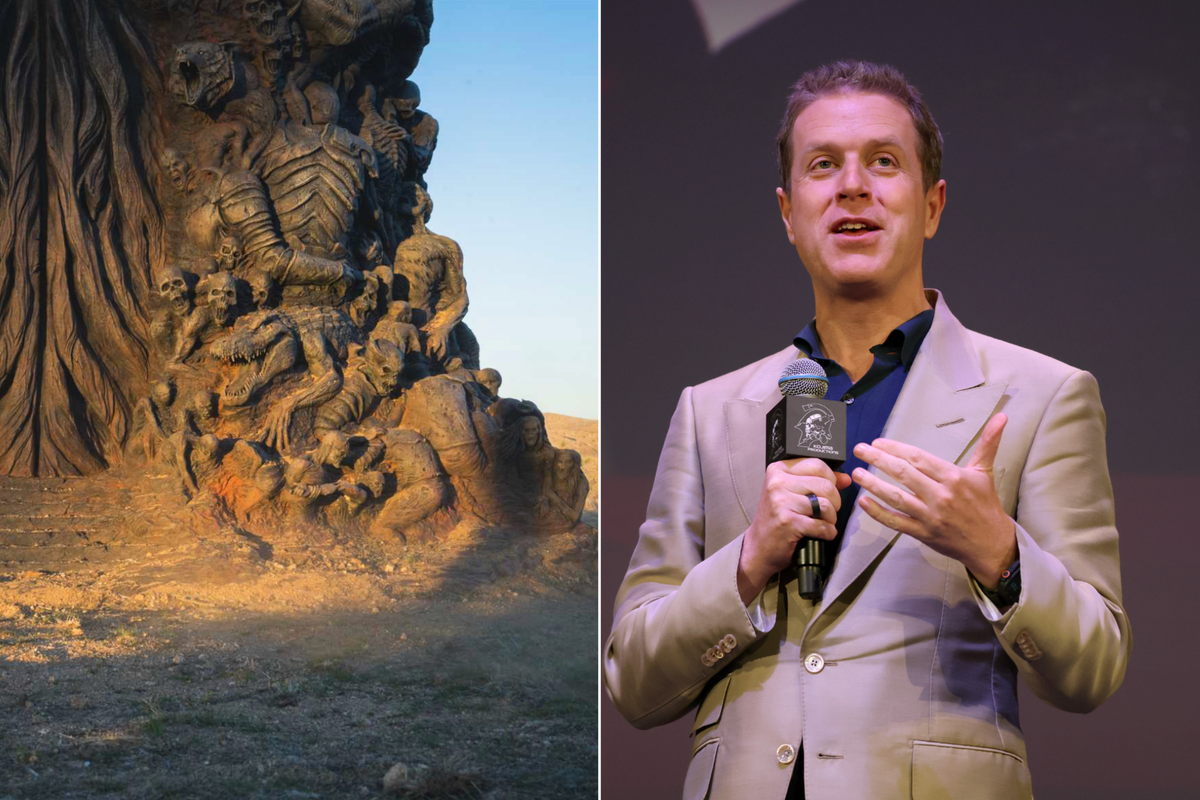News
Narjas Zatat
Jun 25, 2019

Picture:
Getty and Twitter
Former Fox News host Bill O’Reilly drew controversy yet again after he waded into America’s intense debate about the topic of reparations and slavery, calling the country’s brutal history "a radical belief".
Taking to Twitter, the embattled former host, who denied accusations of multiple acts of sexual misconduct and sexual harassment of women in the workplace, wrote: "Slavery reparations is a far-left favourite because it does a number of things.
It reinforces the radical belief that the United States was founded by racist white men who installed a system whereby white guys would run everything and blacks, women and others would be exploited.
In a follow-up, he added: “It also suggests personal responsibility does not count when the legacy of slavery dropped a curtain of oppression on the black race and there is no recovering from that. The radical left says our society remains unjust to this day, forget personal responsibility."
The topic of paying reparations to African-American ancestors of slaves has been dominating the news over the past few weeks.
O’Reilly’s position is heavily criticised.
And people quickly corrected him - It's not radical if it's true.
According to a Pew Research Centre survey conduct earlier this year, 63 per cent of people believe the legacy of slavery affects the position of black people in American society today.
The survey also found that more than four-in-ten US adults (45 per cent) think the country hasn’t gone far enough in giving black people equal rights with whites, and 78 per cent of black adults say the country hasn’t made enough progress in this area.
Senate majority leader Mitch McConnell argued that America shouldn’t be held liable or responsible for something that happened 150 years ago, as no one currently alive was directly involved in slave-owning.
Author and civil rights activist Ta-Nehisi Coates delivered a measured and fierce rebuttal of that position, arguing that the effects of slavery are very much still felt in the fabric of American society, including in the opportunities afforded to African-Americans in comparison to their white counterparts.
He said: “The typical black family in this country has one-tenth the wealth of the typical white family. Black women die in childbirth at four times the rate of white women. And there is, of course, the shame of this land of the free boasting the largest prison population on the planet, of which the descendants of the enslaved make up the largest share.”
The matter of reparations is one of making amends and direct redress, but it is also a question of citizenship.
In H.R. 40, this body has a chance to both make good on its 2009 apology for enslavement, and reject fair-weather patriotism, to say that this nation is both its credits and debits. That if Thomas Jefferson matters, so does Sally Hemings. That if D-Day matters, so does Black Wall Street. That if Valley Forge matters, so does Fort Pillow.
Because the question really is not whether we’ll be tied to the somethings of our past, but whether we are courageous enough to be tied to the whole of them.
More: Former Ukip MEP says 'Racial prejudice is wrong... but' while arguing about David Lammy
Top 100
The Conversation (0)













